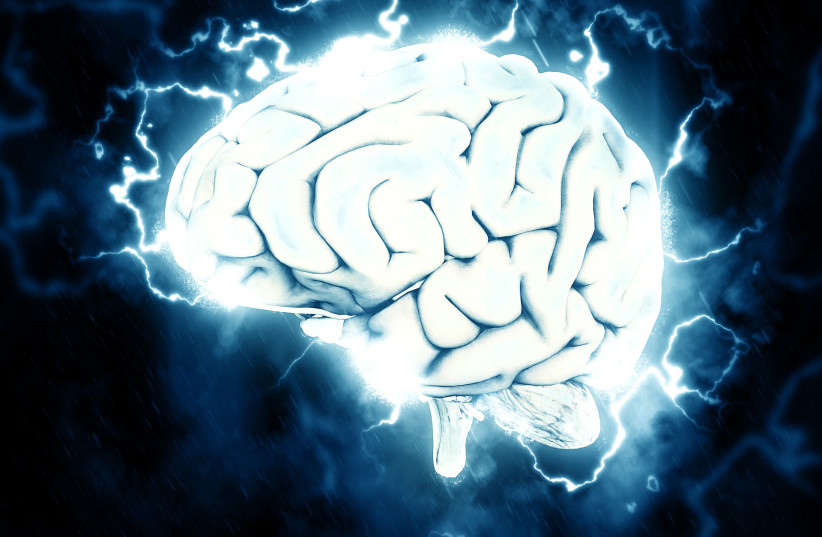Why does sitting at a desk all day feel so exhausting? Neuroscientists think they've found the answer to why intense thinking can leave you mentally fatigued, and it really is all in your head.
The research, published in a study in Current Biology earlier this month, shows that when vigorous cognitive work is prolonged for several hours, it causes glutamate, potentially toxic byproducts, to build up in the part of the brain known as the prefrontal cortex.
This in turn alters your control over decisions, so you shift toward low-cost actions requiring no effort or waiting as cognitive fatigue sets in, researchers from the Paris Brain Institute explained. In other words, the brain is protecting itself against toxic chemicals.

“Influential theories suggested that fatigue is a sort of illusion cooked up by the brain to make us stop whatever we are doing and turn to a more gratifying activity,” said researcher Mathias Pessiglione of Pitié-Salpêtrière University in Paris.
“But our findings show that cognitive work results in a true functional alteration — accumulation of noxious substances – so fatigue would indeed be a signal that makes us stop working but for a different purpose: to preserve the integrity of brain functioning,” added Pessiglione.
“I would employ good old recipes: rest and sleep!"
Mathias Pessiglione
To get to these findings, the team split up 40 participants into “easy” and “hard” groups and tasked them with completing brainy duties for a full workday, with just two 10-minute breaks interspersed through the session.
In both groups, they alternated between working through exercises designed to make them tired and decision-making ones that gauged how tired they became.
The researchers measured the participants’ brain biochemistry, using magnetic resonance spectroscopy (MRS).
As the day continued, the people assigned to the hard group accumulated more glutamate in the prefrontal cortex region of their brains. The hard group also started choosing answers to economic decision-making that required less thinking and calculating, and their pupils dilated less than the easy group’s over time — a sign of fatigue.
Is there some way around this limitation of our brain’s ability to think hard?
“Not really, I'm afraid,” Pessiglione said. “I would employ good old recipes: rest and sleep! There is good evidence that glutamate is eliminated from synapses during sleep.”
But researchers noted that the study could have other practical implications. Monitoring of prefrontal metabolites could help to detect severe mental fatigue, they said. Such an ability may help adjust work schedules to avoid burnout. Pessiglione also advises people to avoid making important decisions when they’re tired.
Scientists expressed plans to continue the research, with the goal of learning why the prefrontal cortex seems especially susceptible to glutamate accumulation and fatigue. They are also curious to learn whether the same markers of fatigue in the brain may predict recovery from health conditions, such as depression or cancer.
